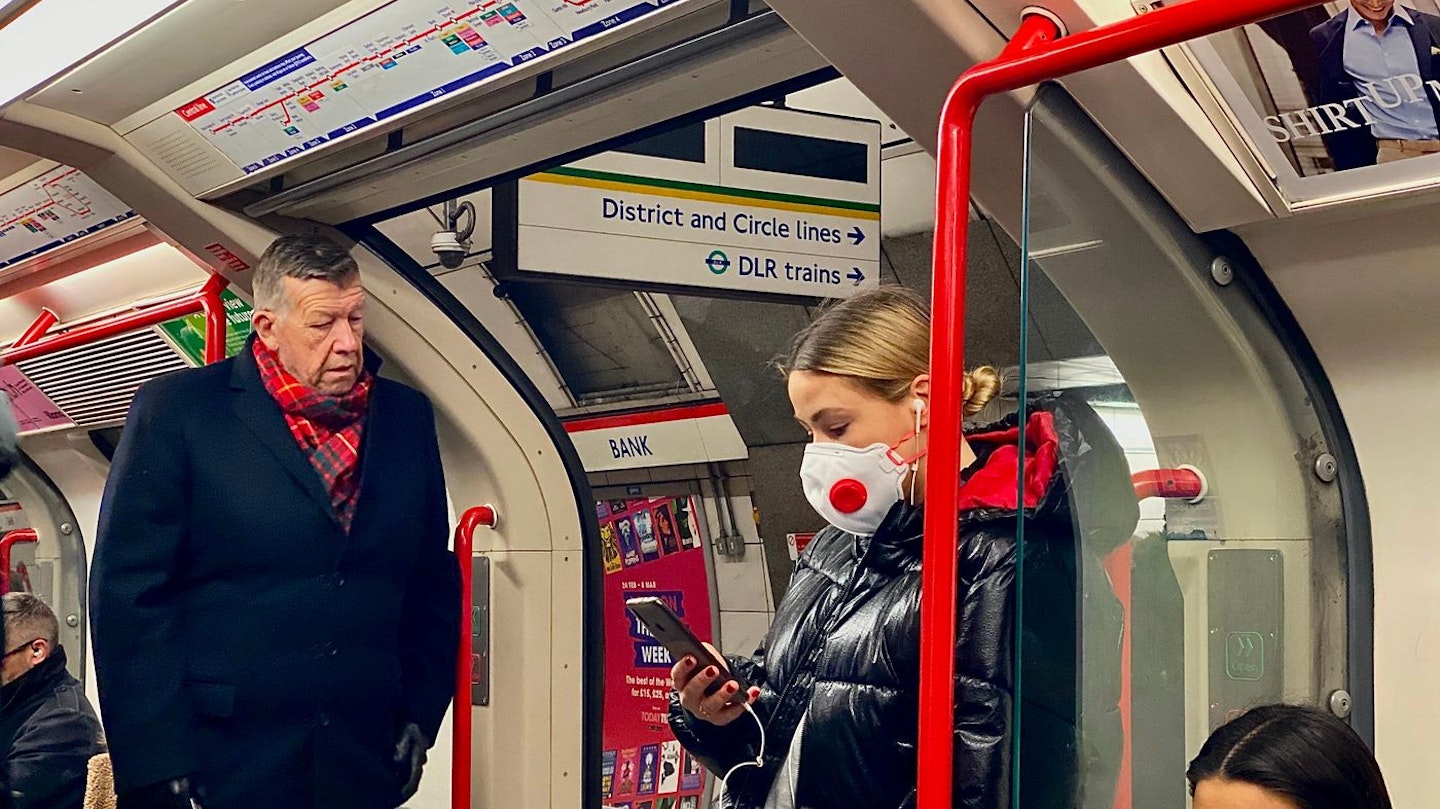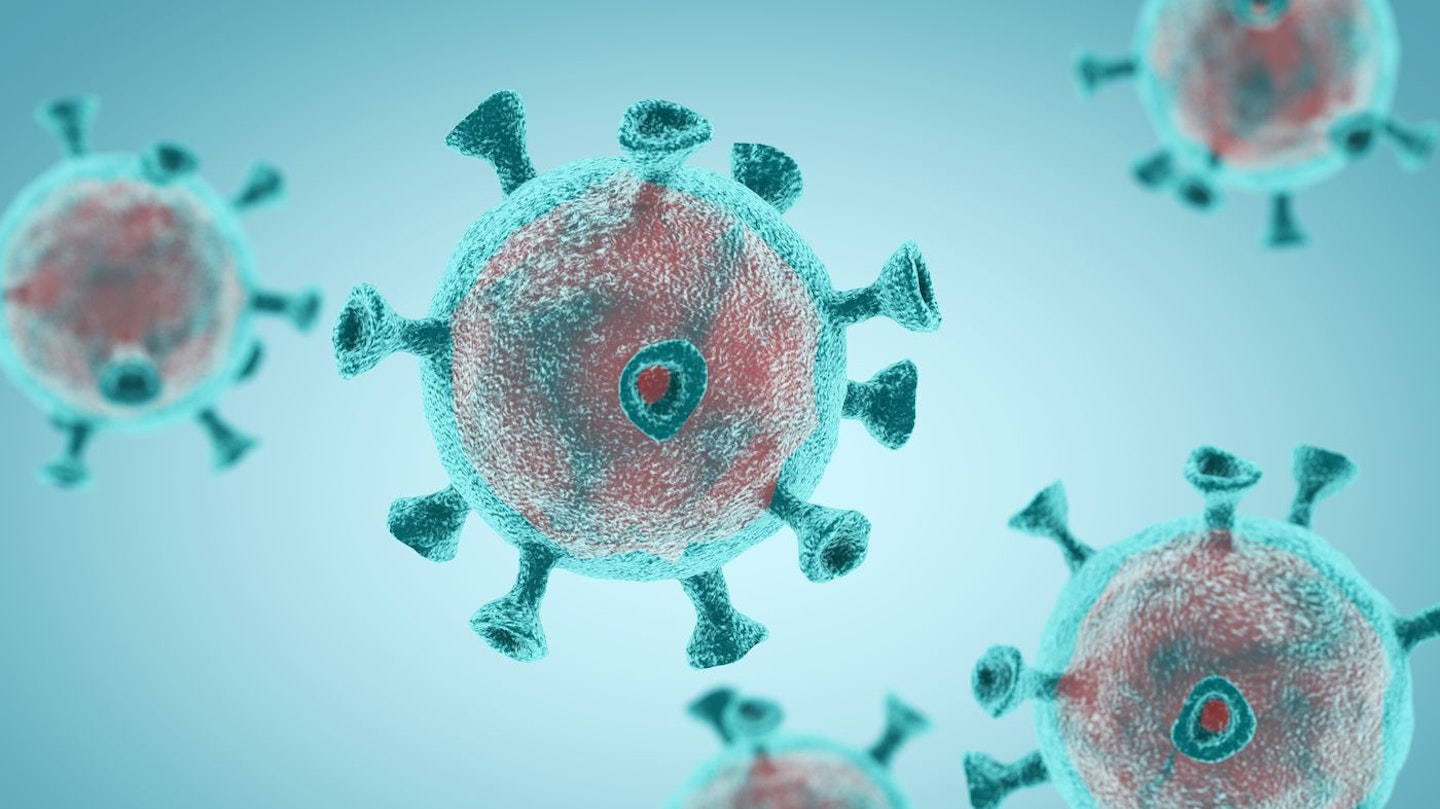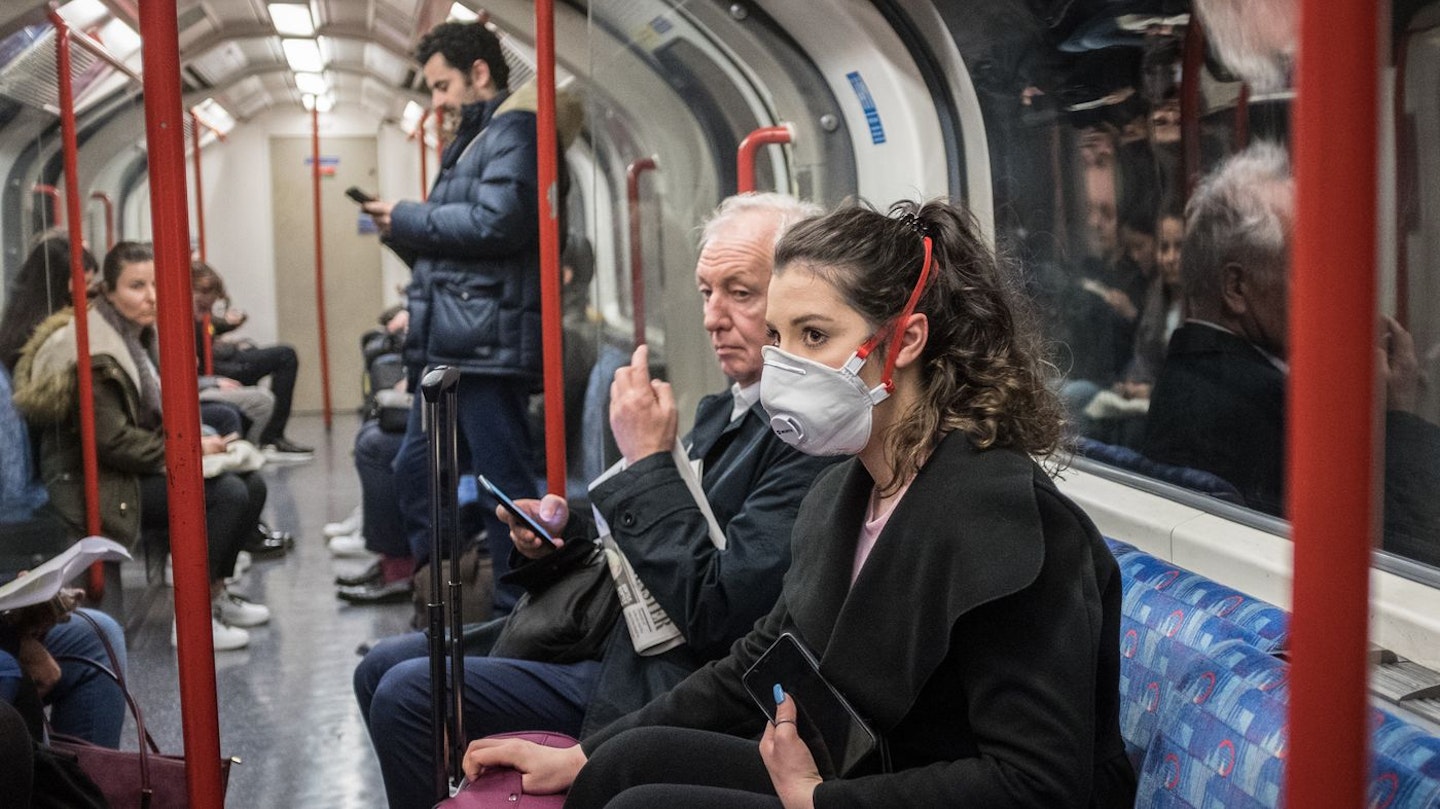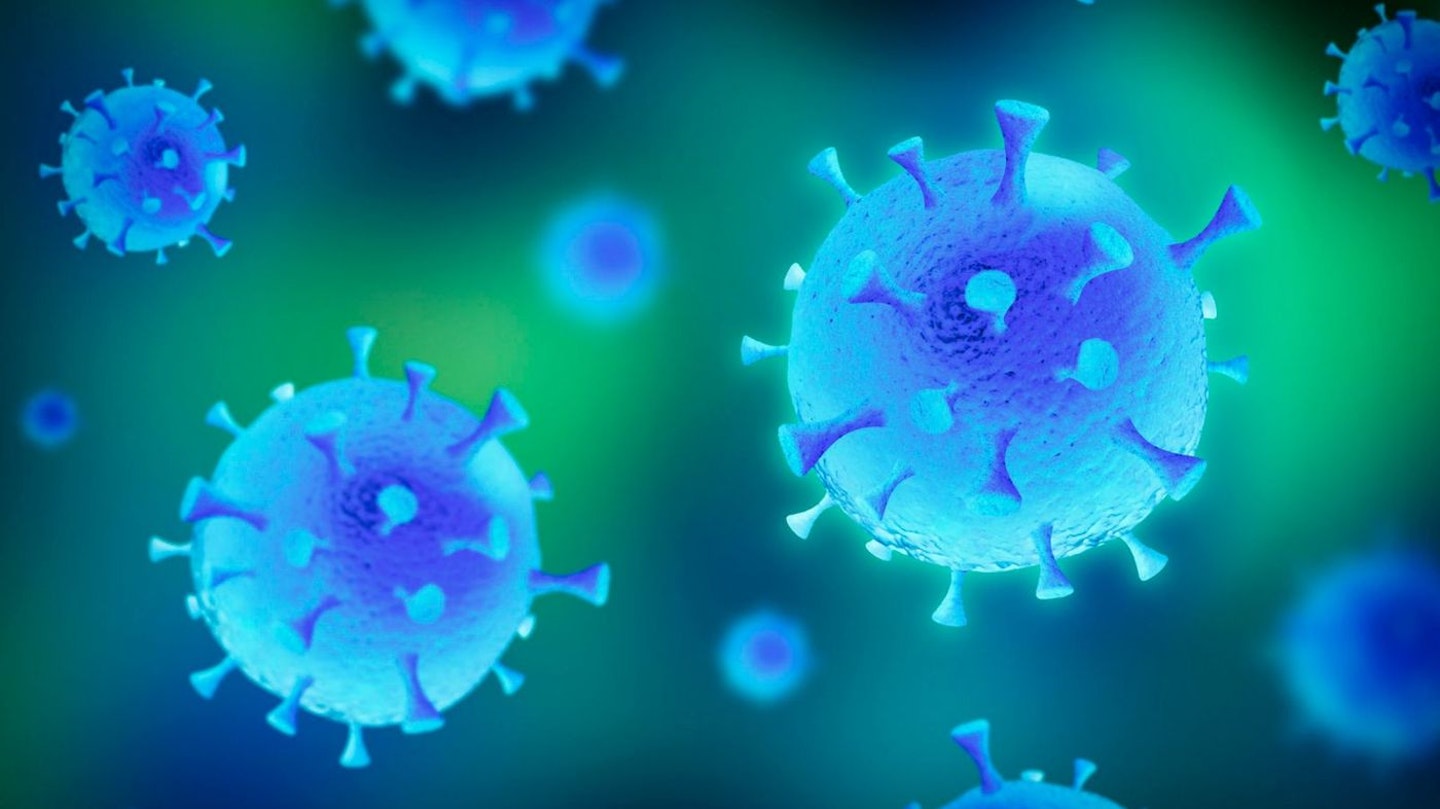Dr Luke Kane is an NHS GP working in central London. He has extensive international experience and worked in an Ebola Treatment Centre in Sierra Leone during the West African Ebola Epidemic of 2014-2016. Here, he answers questions on the government's new guidelines on minimising social contact.
Why has the UK taken a different approach to other countries in terms of their advice of social-distancing?
A big reason for this is that if everything immediately went into lock-down before absolutely necessary, then people could get ‘isolation fatigue’ and stop isolating themselves. The UK response is based on good models and is being constantly updated. Stay up to date with the newest guidance here.
The new government guidance from 16 March states that everyone needs to avoid social contact with others when possible and all non-essential travel should stop.
Pubs, restaurants and venues are closed in New York, LA, Madrid, Paris, Berlin and Dublin (although not in the UK) – what are the particular risks associated with those types of establishments?
There are a few reasons pubs, restaurants and venues have risks associated with them. Firstly, you have to travel to the venue which puts you at risk of infection from fellow travellers. Conversely, it means that if you had the virus you could be spreading it to others... Then, once at the venue you could catch or spread the virus from being in close contact with a bunch of strangers. This may be more pertinent if you're drunk in the pub and everyone's new hand washing and dont-touch-my-face regime has gotten sloppy! Lastly, in bars and restaurants you are eating and drinking so it is possible that transmission of the virus could happen through the food/plates/glasses from someone infected in the kitchen. The UK government is advising against going to pubs, restaurants and venues - but has not ordered them to close.
If you cut your social engagements by half or a quarter, does that make a difference? What kind of changes do you have to cut the risk?
The new guidance from the government today is to minimise social contact. This is really important if you are in a vulnerable group - for example, if you're pregnant, elderly or have medical conditions. Try a Skype dinner party instead!
Are there mental health implications connected to social distancing? Are NHS mental health workers set up to use Skype? Can AA meetings be effective using video chat?
As an NHS GP, I have recently started seeing lots of patients with anxieties and worries about coronavirus. This is totally understandable and my heart goes out to them. This is a scary situation and is going to get more worrying over the next few months. We have to be there for our friends and family – especially people that are isolating themselves. Time to pick up that phone and chat with gran!
NHS workers, for example in mental health, are quick to adapt to new situations. Some trusts may be setup for telephone contacts and reviews but others may not. I feel that lots of NHS contact can be done on the phone without compromising care. Things like AA meetings can happen online but of course may lack that important face-to-face element. We are all going to have to be flexible over the next few months.
Is it safe for me to go to the gym or a yoga class?
I think now is the time to limit social contact with others. Start doing yoga on YouTube at home instead!
What about going to the hairdresser, a nail bar or to a facialist? That usually involves at least an hour in close proximity with another person – is that safe for both of us?
Again – it’s time to limit social contact. Lots of us are going to have loads of spare time at home soon so practise on yourself and significant other!
How do we protect our elderly in an era of social-distancing and self-isolation?
The key thing here is to support them with food drops and making sure they don’t get ‘cut off’. Remember there is a difference between isolating someone to protect them but not letting them get cut off from social support. Call them, FaceTime with them over dinner, send post-cards. Keep that morale up!
This advice was up-to-date as it was published on 16 March, 2020 at 6pm
READ MORE: Experts On Coronavirus
Coronavirus 2020
 1 of 5
1 of 5Coronavirus: I Am Trying To Get Pregnant – Should I Stop?
 2 of 5
2 of 5Coronavirus: When Is The Virus Likely To Peak? And Should Pregnant Women Be Especially Concerned?
 3 of 5
3 of 5Is It Hay Fever, The Common Cold Or Coronavirus?
 4 of 5
4 of 5Coronavirus: Widespread Transmission Is Now 'Highly Likely' As UK Cases Reach 36
 5 of 5
5 of 5